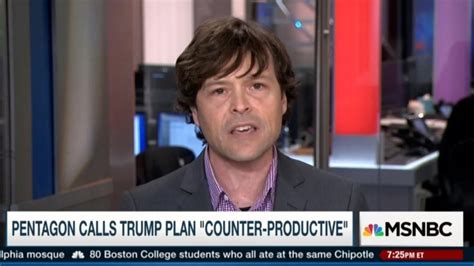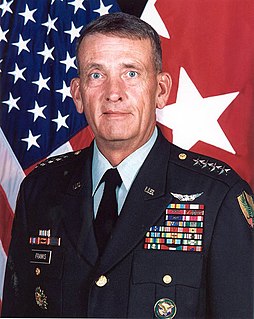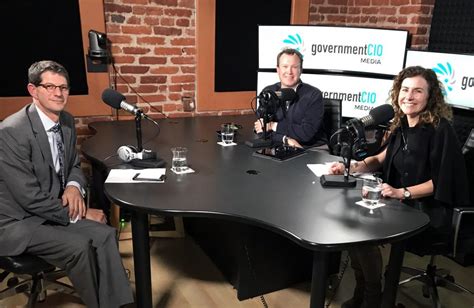A Quote by Ben Sasse
Government never adapts quickly to new challenges, but our slow-footedness on cyber is unparalleled.
Quote Topics
Related Quotes
The problem, of course, is that the vacuum left by Younis Tsouli is quickly being filled by a larger, anonymous group of new cyber terrorists who are competing to follow in his legacy. He has become the inspiration for a second generation of "cyber terrorists" who are studying and learning from his mistakes.
You may have heard of the Slow Movement, which challenges the canard that faster is always better. You don't have to ditch your career, toss the iPhone, or join a commune to take part. Living 'Slow' just means doing everything at the right speed - quickly, slowly, or at whatever pace delivers the best results.
I've made a profound transformation. I've fashioned some cyber-underwear. I'm not scared of anything! Actually, I am scared of a few things. Cyber world is a world of adventure, a new galaxy. I'm big on adventure. But I don't assume that just because the word cyber is being used as a prefix, doesn't give it anymore value or credence. Cyber relationships have the illusion of intimacy, sometimes with the absence of intimacy. Is it better to have a conversation in a café or on the telephone?
My view is that the cyber threat is bigger than any one government agency - or even the government itself. But the FBI brings a rare combination of scope and scale, experience, and tools to the mix. We investigate criminal activity like intrusions and cyber attacks, but we also investigate national security threats like foreign influence.
Keeping a slow hunch alive poses challenges on multiple scales. For starters, you have to preserve the hunch in your own memory, in the dense network of your neurons. Most slow hunches pass in and out of our memory too quickly, precisely because they possess a certain murkiness. You get a feeling that there's an interesting avenue to explore, a problem that might lead you to a solution, but then you get distracted by more pressing matters and the hunch disappears. So part of the secret of hunch cultivation is simple: write everything down.
I think cyber security, cyber warfare will be one of the biggest challenges facing the next president, because clearly we're facing at this point two different kinds of adversaries. There are the independent hacking groups that do it mostly for commercial reasons to try to steal information that they can use to make money.
The wheel of government will continue to work, even as these people come in and we wait for them, but the issue is, there's always one thing, that a new administration confronts.For the Bush administration, it was terrorism. For this administration, it's going to be cyber-security, not Russian hacking. That's a symptom of the bigger problem, but the bigger issue of cyber, how they deal with that. So, we may see something else we're not anticipating. That's going to be their challenge.































